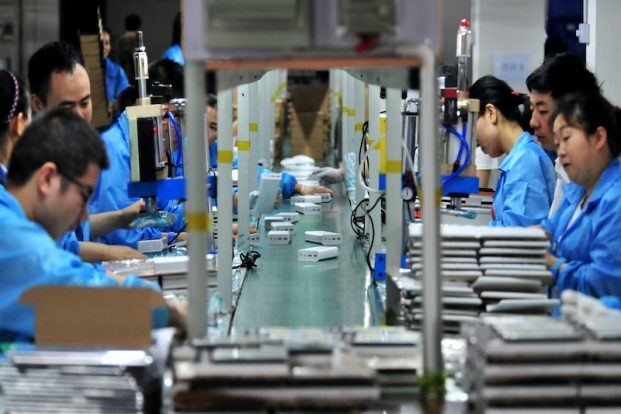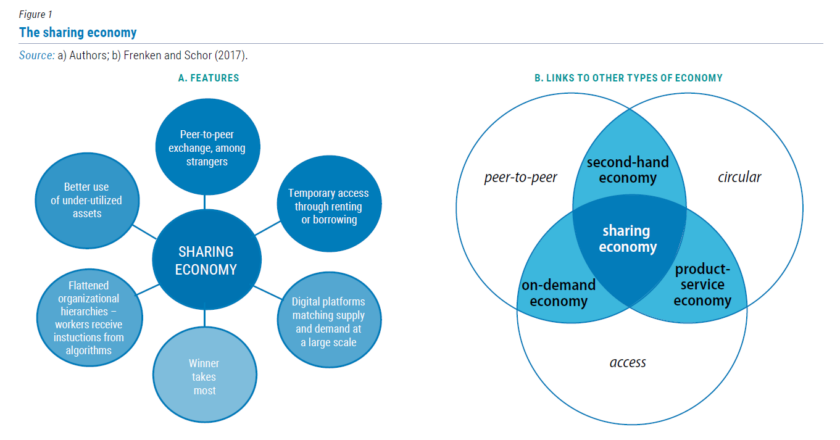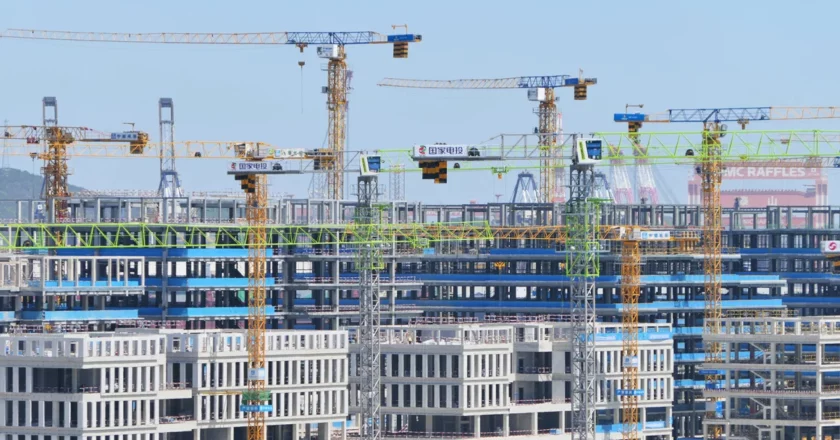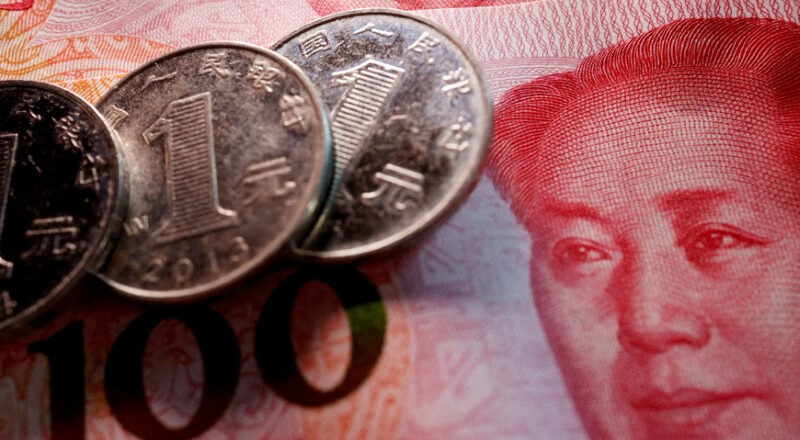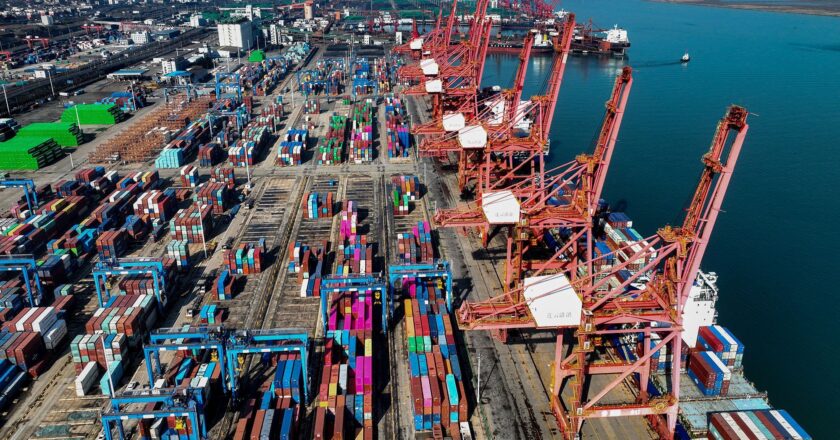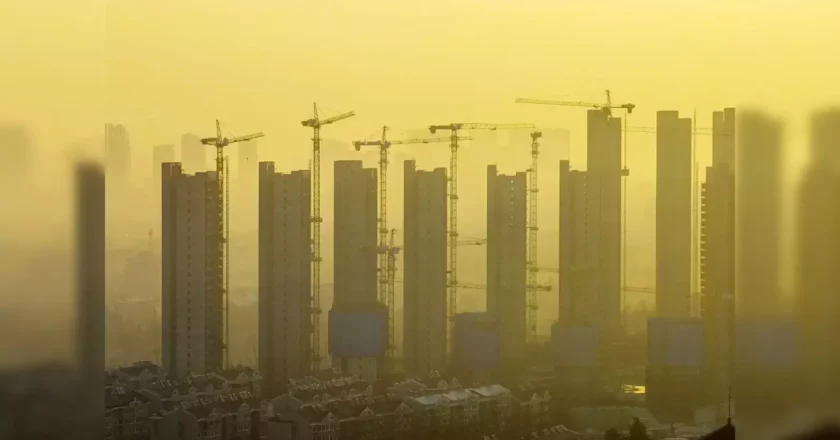May Manufacturing Declines in China as Property Crisis Worries
Factory activity in China suffered an unexpected fall in May, as the country’s long-running property crisis continues to undermine business and consumer outlook.
Data from the National Bureau of Statistics on Friday showed that the official manufacturing purchasing managers’ index (PMI) dropped to 49.5 in May from 50.4 in April.
The disappointing number, below the 50-mark separating growth from contraction, was well under analysts’ forecast of 50.4. It adds to a series of recent indicators showing the $18.6 trillion economy is struggling to get back on its feet, eroding optimism seen after better-than-expected output and trade data.
ALSO SEE: After Chips, China to Pour Millions Into Solid-State Batteries
“I think the data particularly reflects soft domestic demand, the housing...
